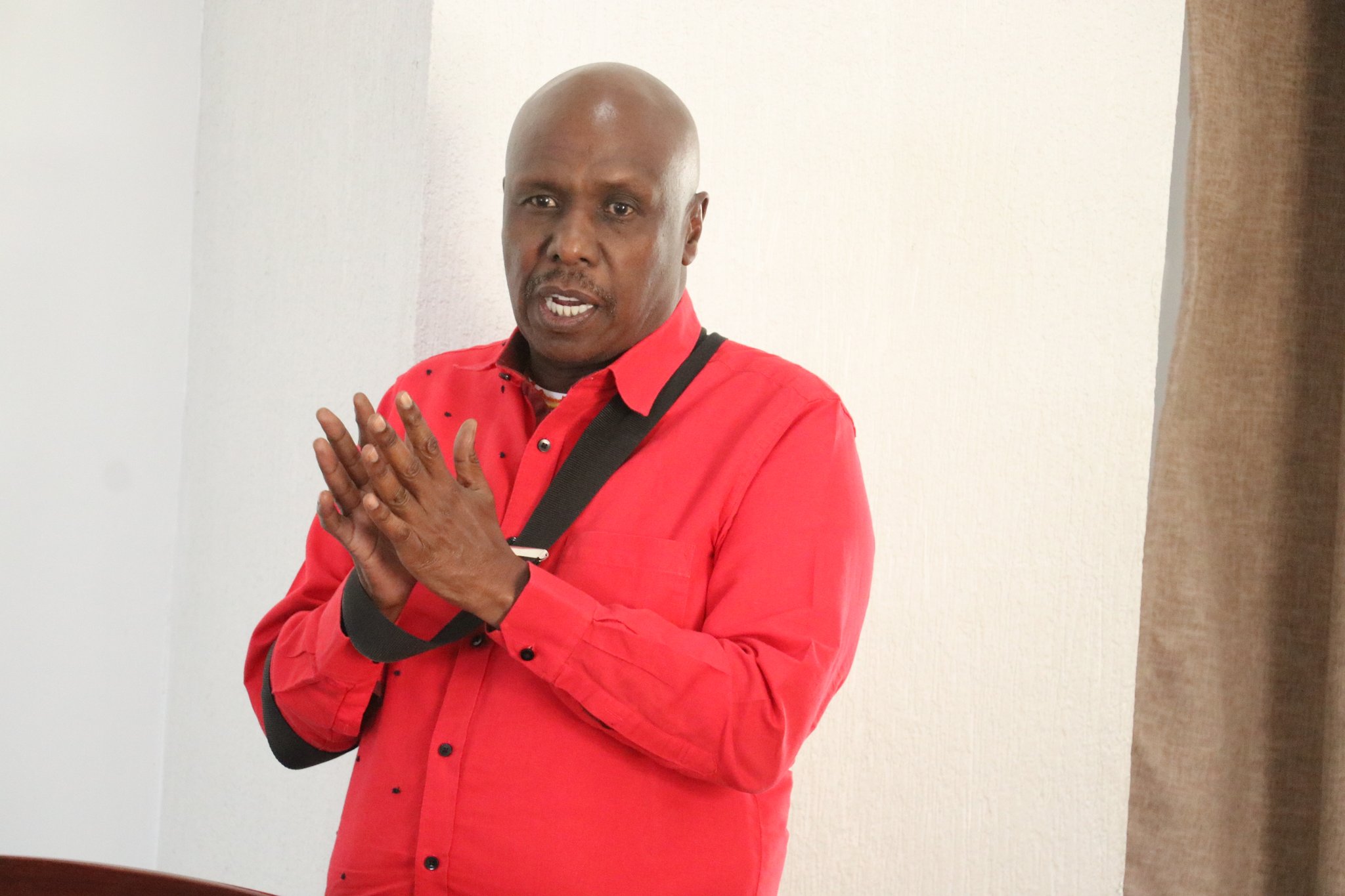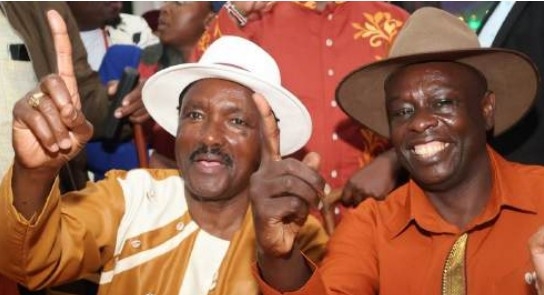
The former Baringo Senator criticised the government’s fiscal plans, claiming it was prioritising lavish spending and surveillance over economic development and the welfare of citizens.
National Treasury and Economic Planning Cabinet Secretary John Mbadi on Thursday, June 12, 2025, presented a Sh4.26 trillion budget for the 2025/26 financial year.
However, moments after the budget was unveiled, Moi released a statement warning that structural imbalances and controversial allocations could plunge the nation into economic stagnation while also threatening fundamental privacy rights.
Moi noted that Kenya cannot achieve economic stability or create wealth when there is a glaring disparity between recurrent and development expenditure.
He regretted that recurrent expenditures—including salaries, Consolidated Fund Services, and government operations—are allocated Sh3.1 trillion, while development expenditure receives a meagre Sh693 billion.
“The projected budget allocates Sh3.1 trillion for recurrent expenditures, including salaries, Consolidated Fund Services, and lavish government operations, while development expenditures receive a meagre Sh693 billion. As such, Kenya cannot achieve economic stability and create wealth with such a gaping disparity,” he stated in a post on his X platform.
Moi further argued that borrowing Sh635.5 billion to fund the budget would result in capital overcrowding by the government, stifling credit access for businesses.
Consequently, he said, the private sector would shrink even further, leading to a decline in individual and household incomes.
“It is estimated that the government will borrow Sh635.5 billion internally from local financial institutions to partially fund the budget. The ripple effect will be capital overcrowding by the government, stifling access to credit by businesses,’’ Gideon said.
“Consequently, the private sector will shrink even further, diminishing individual and household incomes. It is economically unsound for the government to compete with the private sector in borrowing locally.”
He also pointed out that with projected total revenue for FY 2025/26 at Sh3.3 trillion—and tax revenue at Sh2.75 trillion, or over 83 per cent of the total—the government could achieve a slim, balanced, and fully taxpayer-funded budget if it exercised fiscal discipline.
“The anticipated total revenue for FY 2025/26 is Sh3.3
trillion, with tax revenue being Sh2.75 trillion—over 83% of total revenue.
Therefore, it is possible to attain a slim, balanced, and fully funded budget
by the taxpayer, if only we can ensure fiscal discipline and tame our appetite
for loans.”












